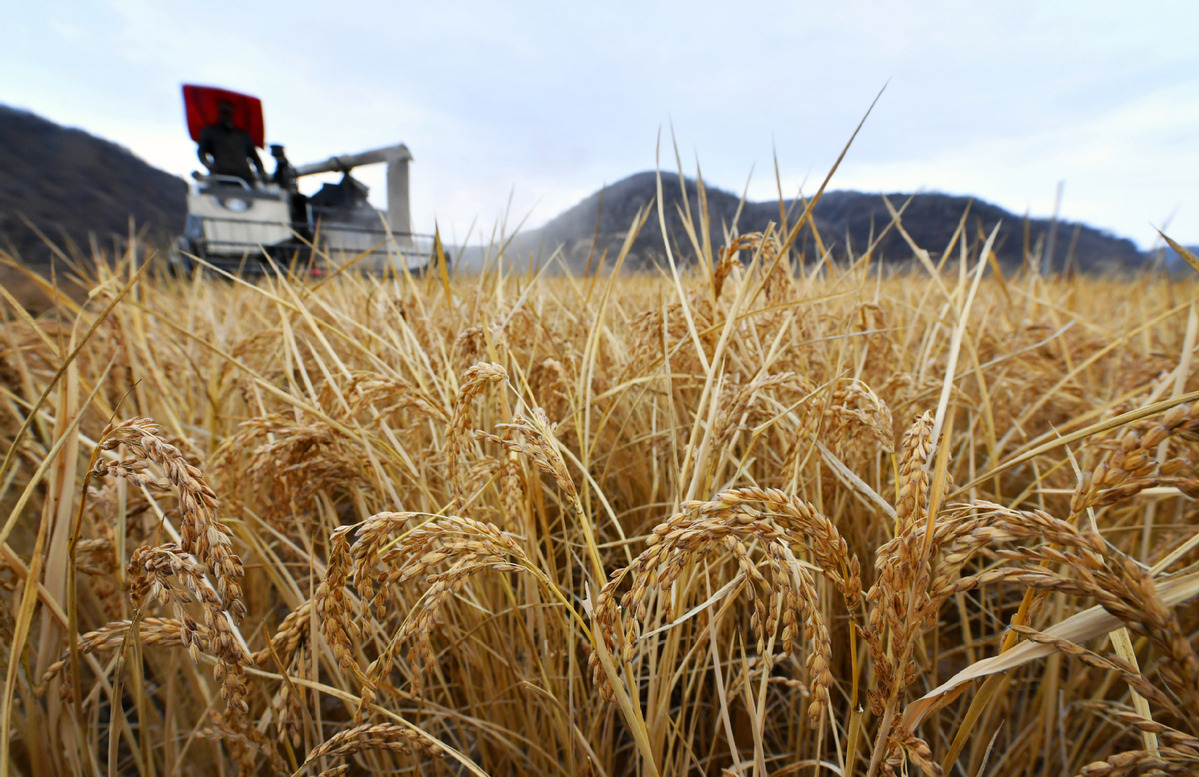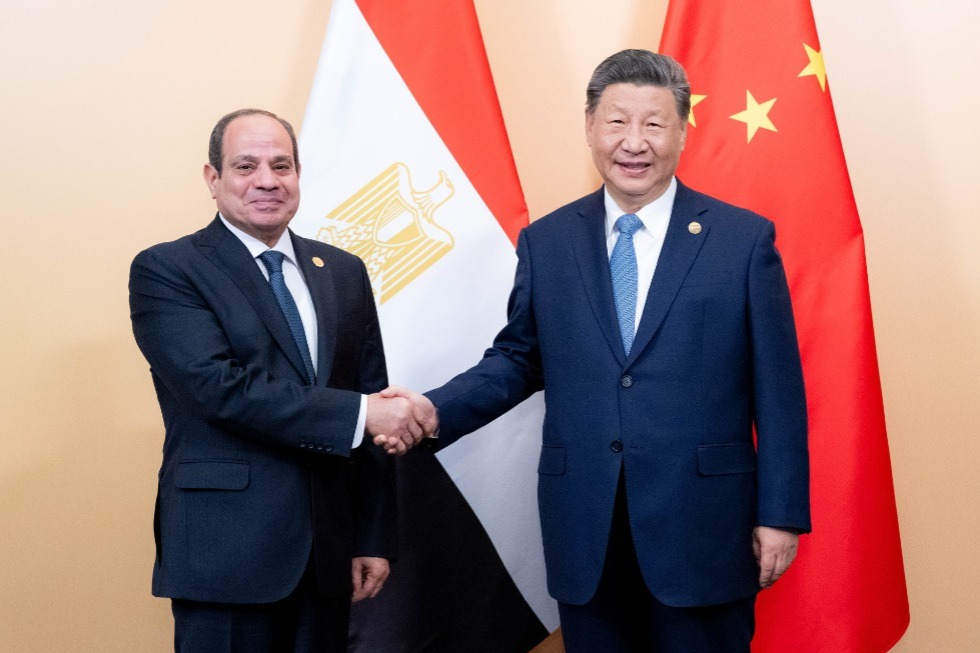Better protecting environment to alleviate poverty


Editor's Note: China is striding firmly toward realizing its target of eliminating absolute poverty by the end of this year. What are the factors behind China's imminent success? In the fifth of a series of commentaries, a senior journalist of China Daily tries to find the answers:
Combining poverty alleviation and environmental protection measures is like sowing once to reap two harvests. This is what China has been doing since the founding of the People's Republic in 1949. When the central government decided to make the final dash in its efforts to eliminate abject poverty and improve the environment over 30 years ago, it found that regions with large numbers of impoverished people and environmental degradation often overlapped.
So the State Council formed its leading group with more than a dozen ministries including those responsible for poverty alleviation and environmental protection.
Yan'an in Shaanxi province has significantly benefited from the decision. Located on the Loess Plateau, Yan'an is regarded as the holy land of communist revolution. One reason that the Red Army could built its base in Yan'an after the Long March was that it was so poor that the warlords controlling the neighboring regions didn't care much about the place.
I have visited Yan'an three times. When I visited the city for the first time in the early 1990s, I didn't see much greenery even though it was summer. To collect fuel for cooking and heating, local residents chopped down trees and cut all the grass they could find, turning the mountain slopes and grasslands into farmlands, and thus causing serious soil erosion.
This gave rise to a vicious circle: starving farmers needing more food exploited more land causing more soil erosion. As a result, the crop yields remained low and the farmers became poorer. During his youth, President Xi Jinping worked in a village in that region for seven years. On several occasions, he has talked about the hard life he and the villagers lived. Although I visited the place 20 years after Xi had left, the landscape was similar to what Xi had seen.
Fortunately, the central government selected Yan'an as a pilot site for its combined anti-poverty and environmental-protection campaign 20 years ago. Farmers were encouraged to reconvert their barren plots into grasslands and forests. For each mu (0.067 hectare) of farmland they returned, the government compensated them with a few hundred yuan every year, which earned a family a few thousand yuan per year, enough to lift it out of poverty.
The government hired some farmers as forest rangers, which was an extra source of income for them, while also offering preferential loans to encourage them to grow apple trees on the land close to their villages; the locals now call them the "fruit tree bank".
During my second visit about 10 years ago, I looked through the window of the plane before landing in Yan'an and was amazed to see the area under a green cover.
I visited Yan'an again last year and was happy to learn that it had successfully eliminated absolute poverty. Its party secretary surnamed Xu told me that, due to the remarkable improvement in the environment, rainfall had greatly increased in the region.
The Yan'an model has been replicated in thousands of places. Maduo county in Qinghai province is one such place.
Located on the Qinghai-Tibet Plateau, Maduo is four times the size of Shanghai but has only 15,000 residents, more than 90 percent of whom are ethnic Tibetans who depend on livestock, especially sheep, for their livelihood. The average altitude of the county is 4,500 meters, where there are no trees and grass grows slowly. Excessive grazing had caused extensive damage to the environment of the area, which is the origin of the Yellow River.
The central government intervened 15 years ago, reducing the number sheep in the area by half. Herdsmen who gave up livestock received decent compensations, those who agreed were hired as grassland rangers, and families were resettled in newly built villages close to towns with at least one member from each family being offered a job.
"Life is much better than before; now we can send kids to school, we can go to the hospital when we are ill, we can live in 'warm houses' provided by the government, we can have vegetables and fruits," a former herdsman told me.
In July 2019, I got a phone call from a county leader who said Maduo had been declared free of absolute poverty. According to rough statistics, in the past 20 years, China has spent more than 500 billion yuan ($71.18 billion) on the poverty-alleviation program to reconvert more than 33.33 million hectares of barren farmland into forests and grasslands and helping lift millions of people out of poverty.
That is, sowing seeds once to reap harvests twice.
The author is former deputy editor-in-chief of China Daily.
































